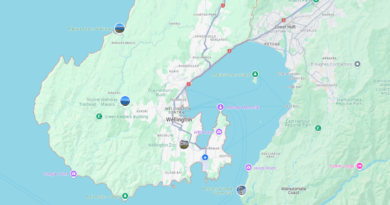New Test Offers Improved Early Detection of Dementia Onset
A groundbreaking new test has been developed that can predict the likelihood of developing dementia almost ten years before a formal diagnosis is made.
An international team of researchers, led by Associate Professor Adeel Razi from Monash University in Melbourne, have created a new predictive method for detecting dementia with an impressive accuracy rate of over 80%.
This test not only enables the identification of dementia up to nine years in advance but also opens up the potential for proactive and personalized healthcare strategies.
Unlike traditional diagnostic approaches like memory assessments or brain shrinkage measurements, this predictive test analyzes functional MRI scans to detect changes in the brain’s “default mode network.”
The default mode network connects various brain regions to carry out specific cognitive functions and is one of the first networks affected by Alzheimer’s disease.
Associate Professor Razi, a co-author of the study, highlighted how previous attempts to treat Alzheimer’s often failed because they focused on advanced disease stages where brain cell damage was irreversible.
He added, “Our new predictive method for early dementia detection will revolutionize the field, allowing for the development of therapies at an earlier stage of the disease.”
This cutting-edge technique addresses a crucial gap in dementia diagnosis by providing a non-invasive biomarker that could revolutionize early detection and treatment, ultimately enhancing patient outcomes.
The research, spearheaded by Professor Charles Marshall from Queen Mary University of London, involved analyzing functional MRI scans from over 1100 volunteers in the UK to establish the effective connectivity between 10 brain regions composing the default mode network.
Each patient was assigned a dementia probability value based on the new predictive model.
The results demonstrated that the model accurately predicted the onset of dementia up to nine years before an official diagnosis, with an accuracy rate exceeding 80%.
Furthermore, in cases where volunteers later developed dementia, the model could predict with a two-year margin of error the time it would take for an official diagnosis to be confirmed.
The researchers also found that social isolation could elevate the risk of dementia due to its impact on the default mode network connectivity.
Associate Professor Razi reiterated the potential of this innovative approach in enhancing early dementia detection and treatment, emphasizing its capacity to improve patient outcomes significantly.
The study has been published in Nature Mental Health.



